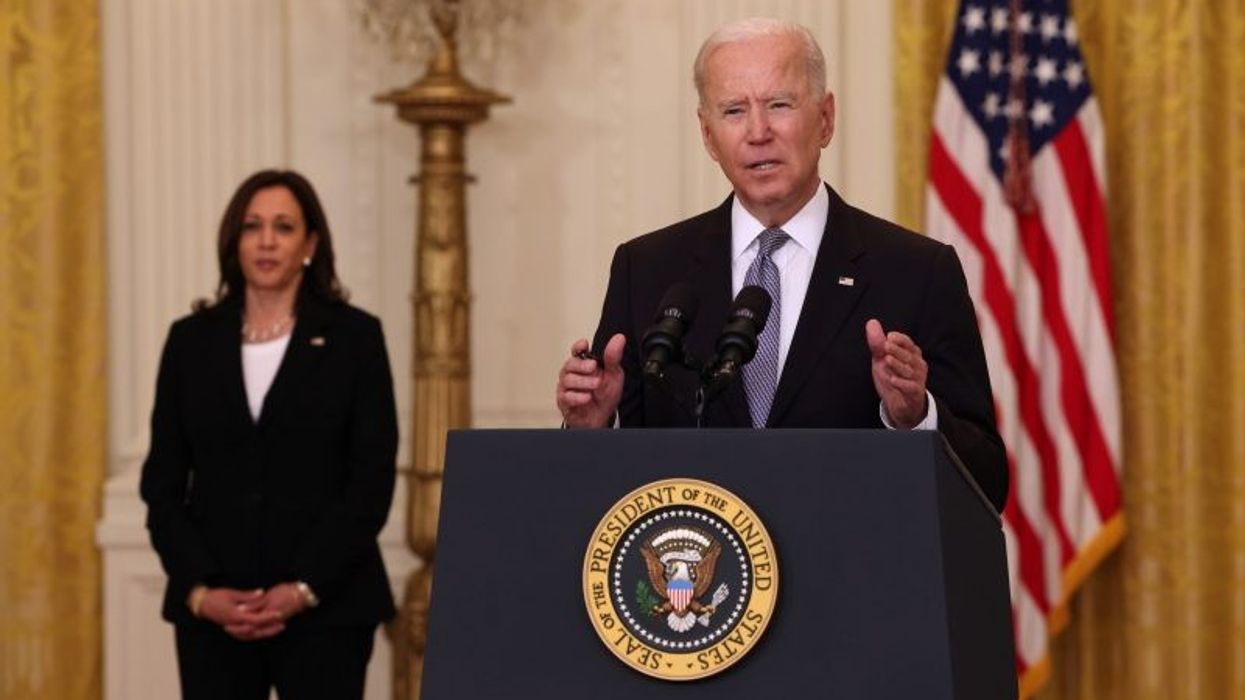US PRESIDENT Joe Biden will sign an executive order that will address tackling an increase in anti-Asian violence in the country, the White House said on Friday (28).
The order will establish the White House Initiative on Asian Americans, Native Hawaiians and Pacific Islanders, and expand language access and strengthening economic security and opportunity for those communities, it said.
Since Covid-19 appeared to have emerged from China, people of Asian descent in the US have been subject to increasing violence throughout the coronavirus pandemic.
“The Covid-19 pandemic, and the xenophobic rhetoric used by certain political leaders during this crisis have led to a tragic spike in acts of anti-Asian bias, violence, and xenophobia," the White House said.
Biden told Asian American politicians and senior members of Congress in a packed room at the White House that racism is "an ugly poison that has long plagued our nation" and added that said the Asian American community had been made a "scapegoat."
"Too many Asian Americans have been waking up this past year genuinely fearing for their safety, just opening their door and walking down the street," he said.
The bill signed by Biden, after rare, overwhelming bipartisan support in Congress, improves access for reporting such crimes and seeks to smoothen procedures for the authorities to respond.
"I mean this from the bottom of my heart: hate can be given no safe harbor in America," Biden said. "Silence is complicity. We cannot be complicit."
Hate crimes against Asians have increased in the US during the pandemic and activists believe these are often linked to false rhetoric that blames Asian people for the spread of Covid-19.
Stop AAPI Hate, an activist group, said there were 6,603 hate incidents - mostly verbal insults - in the year from March 2020, but many more were likely not reported to police.
Signing of the new order is in line with the president’s Memorandum Condemning and Combating Racism, Xenophobia, and Intolerance Against Asian Americans and Pacific Islanders in the United States, issued during his first week in office.
In the beginning of his tenure as the US president, Biden had announced that it is the official policy of his administration to condemn anti-Asian bias and violence.




